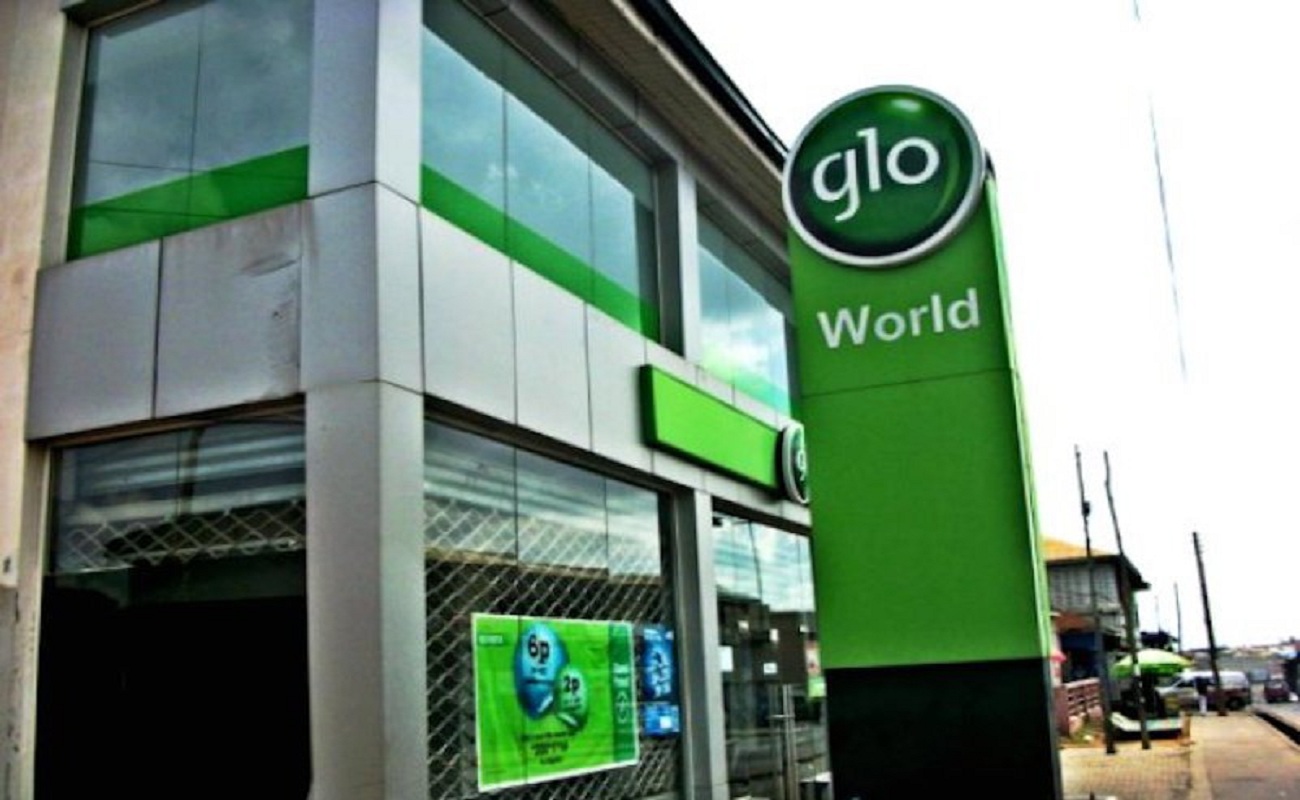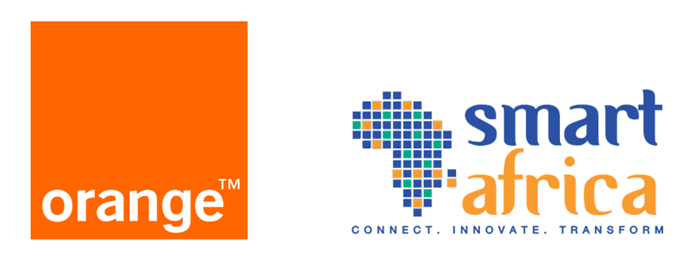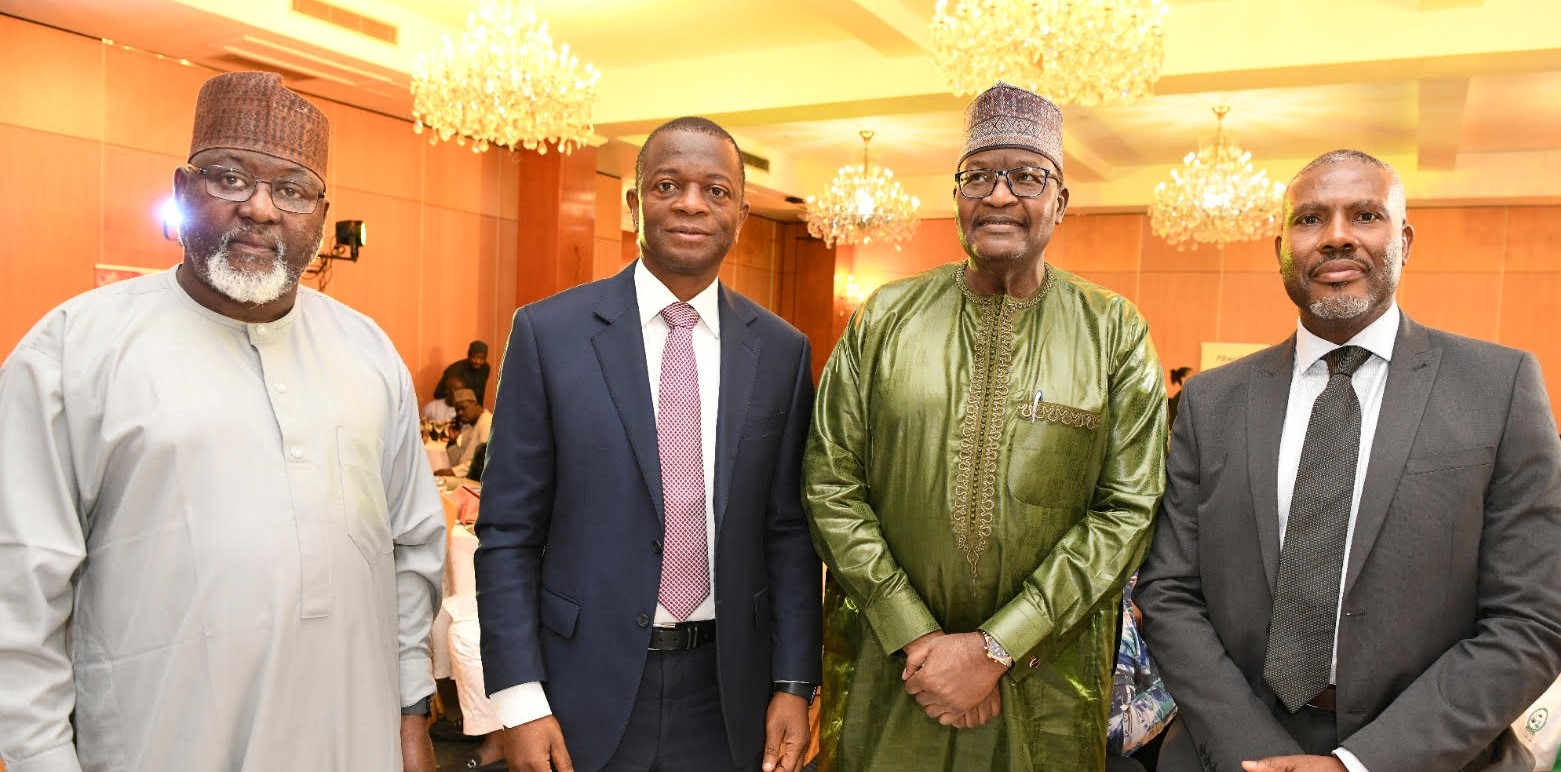Indications emerged yesterday that Nigeria may not rake in so much from the proposed auction of 2.6GHz spectrum. This is coming on the heels of submissions by key players in the industry who in unison, posited that the economic realities on ground cannot really encourage imposing heavy reserve price on the frequency.
Accordingly, they called on the regulator, Nigerian Communications Commission (NCC) to consider other attractive options including lower pricing, revenue sharing and joint purchase.
They argued that what nearly frustrated the first attempt to auction the frequency was high reserve price which only encouraged players with deep pockets.
This was the consensus at the stakeholders forum on 2.6GHz spectrum auction (post mortem) organised by the NCC to review issues and developments on the auction of the 2.6GHz spectrum earlier this year which fell below expectations; which only produced a bidder- winner; MTN in a segment of the spectrum leaving others without buyers after all.
Leading the revenue sharing proposal was the Chief Executive of Spectranet, pioneer dealer on 4G LTE, Mr. David Venn.
In his submission, he drew related inspirations from some countries were his group are operating including Zambia and Rwanda to call for revenue; a selling model whereby the resource is given out without any initial payment but a revenue sharing formula on the proceeds of the spectrum.
He said the model will amongst other things encourage hard work and massive investments by the partner hence his gains will be based on returns which is tied to the way and manner he managed the frequency within the given period before the completion of payments.
According to him, “other than is idea, it then means that the market is only looking for players with deep pockets”.
In his presentation, Mr. Osondu Nwokoro, the Director, External Affairs at NTEL deepened Venn’s idea and added sharing for effective deployment, effective spectrum management through spectrum pricing, training and active infrastructure joint usage among telecoms. He said when these ideas are harmonized; the result will lead to pervasive broadband deployment across the country.
Though his argument that keeping the reserve price high above reach will create rooms for operators’ to buy but may not be able to build the needed infrastructure to drive the service, thus leading to abuse and collapse of the overall target.
He reminded NCC that this is not in 2001, when the euphoria of making calls and sending sms overshadowed the thinking of investors in paying mind blowing amounts to get just a license.
To him, passive sharing, collocation infrastructure and flexibility in regulatory tactics can do the magic where both the regulator and players including subscribers will all win together in the drive for broadband penetration in Nigeria.
In the views of Mr. Lateef Akintunde who represented Airtel, he joined other stakeholders to push for attractive reserve pricing system to run away from the experience of the first auction where only MTN came to the party.
He said cost remained a factor that must be considered alongside exchange rate, noting that even the international investors are also mindful of the economic terrain of the country as of now.
Mr. Ikenna Ikeme of Etisalat toed the lines of other operators, saying the 2.6GHz auctioning need to be driven by a research report which the regulator ought to have done ahead of the apparent failure of the first auction exercise.
He argued that if there had been a related report showing experiences from other climes, things wouldn’t have been wrong ab-inito.
Though no official of MTN made any comment, in general, they argued that if spectrum is meant to impact on the citizens through ubiquitous broadband delivery, it may not be too good for the same natural resource to come at a high price which consumers will pay more for services.
The Stakeholders however admonished the NCC, amongst other things to look at other ways of spectrum allocation; lower the cost of spectrum/better pricing; sharing revenue instead of licensing; cheaper spectrum and more efficient ways of utilizing the USPF to support the operators for better participation by the operators in subsequent auctions.
Earlier in his address of welcome, at the forum, the Executive Vice Chairman of the NCC, Prof. Umar Danbatta said that the efficient and effective licensing and usage of frequency spectrum is one of the critical basis on which the explosive growth of the industry is based.
Danbatta, effectively represented by the Director, public Affairs, Mr. Tony Ojobo noted that “With the progress made which has addressed voice communications with increased mobile penetration to about 109 per cent, the Commission in line with the objectives of the National Broadband Plan aims to increase broadband penetration across the country to 30 per cent by 2018”.
He argued that “the catalytic impact that the growth of the telecommunications industry have had on the Nigerian economy has been profound,” noting further that “This positive impact can be accelerated with the pervasive deployment of broadband infrastructure. As most Nigerians today access the internet via wireless means, it is critical that important resources for last mile broadband deployment (like frequency spectrum) continue to be effectively, efficiently and transparently licensed for the pervasive spread of broadband services.”
“It is in line with this objective that the Commission recently conducted an auction for the available Lots in the 2.6 GHz spectrum band. The Commission in consonance with its practice of collaborative regulation seeks to get useful industry feedback on the auction with the aim of ensuring the effective and efficient usage of available spectrum bands for the delivery of broadband internet access to Nigerians,” Danbatta said.
In his exposé of what 2.6GHz stands for, the Director Spectrum Administration at NCC, Engr. Austine Nwaulune said the NCC will work in the best interest of all stakeholders as the issues discussed will be considered by the commission, as the commission is interested in seeing that the industry really progresses.
He said even though spectrum remains a natural resource that knows no political or geographical borders, it is always harmonized at the International telecommunications Union (ITU) for nations to understand and know standards and modes of administration.








